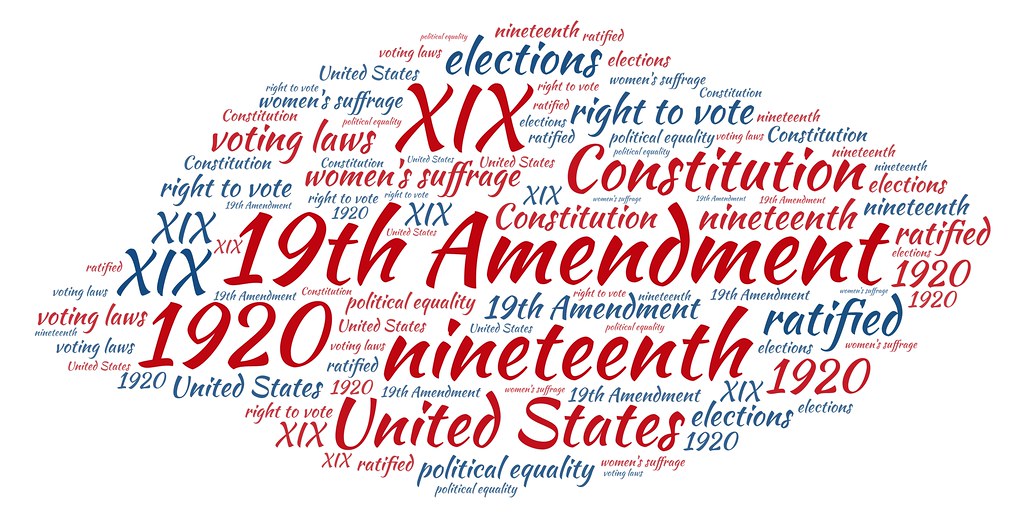
“19th Amendment” by EpicTop10.com is licensed under CC BY 2.0
On February 29, Donald Trump issued a proclamation that declared March as Women’s History Month. In doing so, Trump has upheld a presidential tradition of proclaiming March as Women’s History Month that began with President Carter in 1980 – though originally, Women’s History Month was Women’s History Week.
But, what exactly is Women’s History Month and why did it get started in the first place?
Women’s History Month is a chance for us to commemorate, celebrate and communicate the achievements of women. The role that women have played throughout the course of history has been frequently underrepresented. The history books were written by and told of men as women were considered second class citizens in the eyes of society. Declaring March as Women’s History Month is important because it encourages people to recollect the long-lasting and ongoing struggle of women in the pursuit of equal rights.
This year’s Women’s History Month is the anniversary of one the most important victories in women’s history – on August 1, 1920, women were granted the right to vote in the United States with the passage of the 19th amendment. Thus, it comes as no surprise that the theme of this year’s Women’s History Month, as set by the National Women’s History Alliance, is “Valiant Women of the Vote.”
In the United States, the notion of an international women’s day has existed since 1911. Several states, because the holiday proved so popular, began to adopt international women’s day as a yearly celebration. The increased popularity made it clear to President Jimmy Carter that there should be a nationally instituted Women’s History Week – which he proclaimed would occur in March of 1980. President Reagan expanded Women’s History Week to Women’s History Month. Since 1995, presidents have issued annual proclamations declaring March as Women’s History Month.
Some may ask why remembrance of women’s struggles are important: it is good that women fought and obtained important rights such as the right to vote, or the right to bodily autonomy, but now that the struggle for equal rights is over, why should we still celebrate March as Women’s History Month?
For one, it is always important to remember the efforts that people in the past undertook to create the reality which we now enjoy. We must not allow our cultural and historical inheritance to be eroded, for this is what brings greater meaning to our lives. Each time we head out to vote, or to participate in our governments, we know that this privilege comes because of the tireless toil of those who came before – voting is no longer mere civic duty, but a privilege which we have obtained through the efforts of others.
This cultural inheritance grants us greater vitality and understanding in our endeavors – we hear the voices of yesterday and seek to make sure that these voices are not lost to time, that we learn to be grateful and aware of the ways our lives are improved. In this same way, we are inspired to improve the lives of those who have yet to come.
Let not the importance of fighting for that which we believe in become a stagnant notion of a bygone era!
While it may seem as though the struggle of women is long over, this is not in fact true. It is undeniable that women’s position in U.S. society has improved drastically since the days of the foundation of this country. However, progress does not occur equally in all places. Women across the globe face difficulties because of their sex – women are still victims of such things as honor killings, dowry deaths, genocidal rapes and genital mutilation, for example. Furthermore, even here in the United States, women continue to face such difficulties as workplace discrimination, sexual assault and less pay compared to their male co-workers.
Women’s History Month is important in acknowledging the efforts of those women who came before us and encouraging us to continue in their pioneering legacy so that we may bring about a greater global community. However, remembering women’s accomplishments is not a purely monumental or transcendental endeavor – take time to remember the particular women who have influenced your life directly. You might, for example, take a look at a previous article in the Hilltop Monitor which celebrates the women, past and present, of William Jewell College, who have made an impact on our lives as members of the Jewell community.
